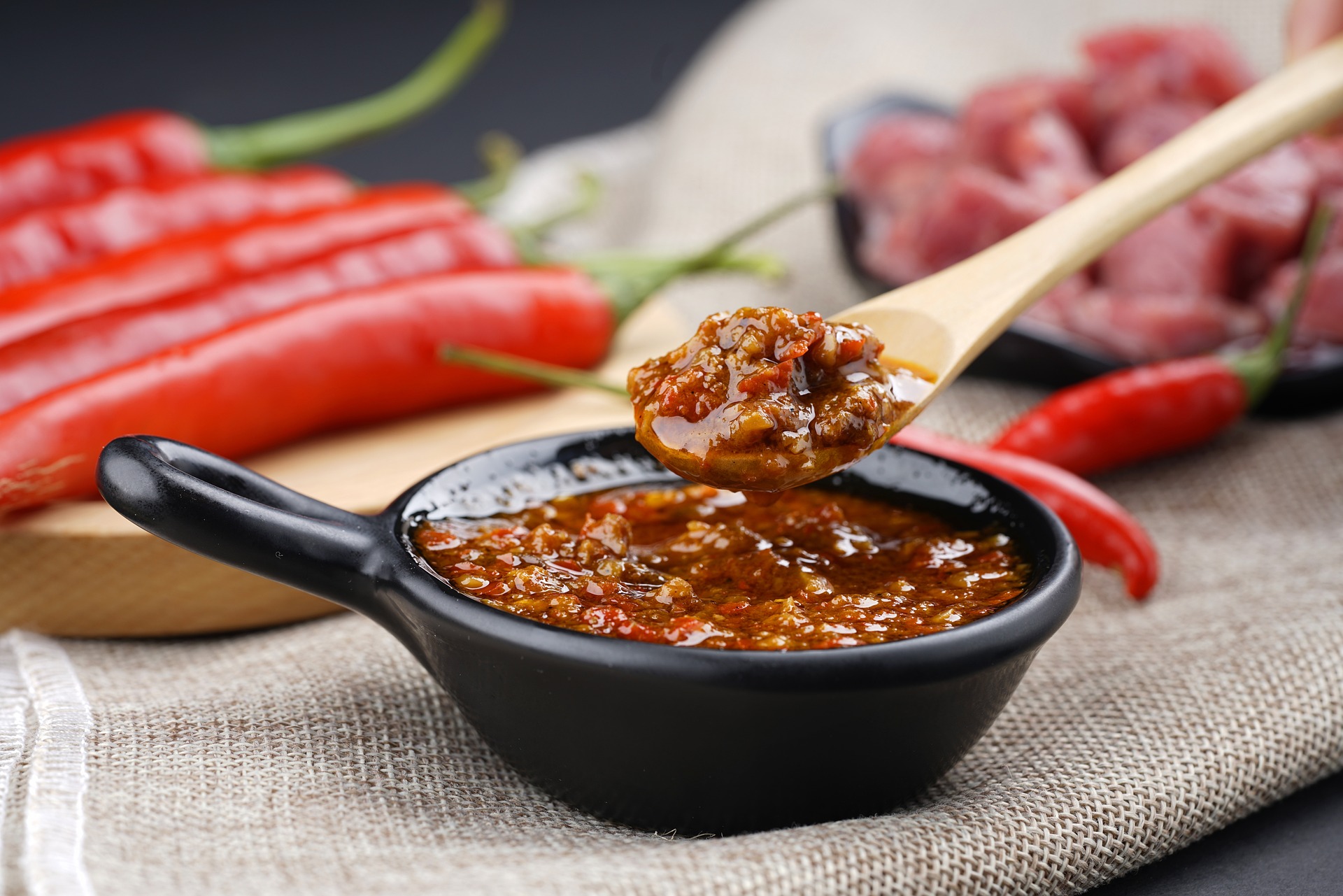The Intriguing World of Edible Insects: Future of Sustainable Gastronomy
As climate change and population growth continue to pressure global food security, the exploration of alternative, sustainable food sources is more crucial than ever. Enter the world of edible insects, a trend that is buzzing with potential to revolutionize our culinary landscape.
The Misunderstood Delicacy
Insects have been a part of traditional diets in many cultures around the world. From the crispy chapulines (grasshoppers) in Mexico to the nutritious mopane worms in Southern Africa, they have been enjoyed for their unique flavors and health benefits. Today, the West is slowly warming up to this idea, recognizing insects as a sustainable and nutrient-rich food source.
Insects: The Superfood of the Future?
Edible insects are packed with high-quality protein, vitamins, and minerals, making them a fantastic alternative to conventional meat. Crickets, for example, contain almost as much protein as chicken, but with less fat and more fiber. They are also rich in essential amino acids and omega-3 fatty acids, contributing to a healthy, balanced diet.
The Environmental Advantage
Beyond nutrition, the production of insects has a significantly lower environmental impact compared to traditional livestock. They require less land, water, and food, and produce fewer greenhouse gases. Insects are cold-blooded, meaning they are efficient at converting feed into protein. This makes insect farming an environmentally friendly and efficient way to meet the growing demand for protein.
Culinary Innovations with Insects
Chefs and food innovators are finding creative ways to incorporate insects into their dishes. From cricket flour for baking to mealworm burgers, edible insects are being transformed into palatable and exciting foods. Expect to see more insect-based products in your local supermarkets - insect pasta, energy bars, and even insect ice cream!
Useful Nuggets of Knowledge
-
Over 2 billion people worldwide already consume insects regularly.
-
There are over 2000 edible insect species.
-
Insect farming can be an additional income source for impoverished communities.
-
The United Nations encourages insect consumption as a response to food insecurity.
As we look towards a more sustainable future, it’s time we broaden our culinary horizons and consider the potential of edible insects. They offer a solution to many of the challenges we face in food production. While the thought of munching on insects might make some of us squirm, remember that every new food was once strange and unfamiliar. So, are you ready to take a leap towards the future of sustainable gastronomy?





